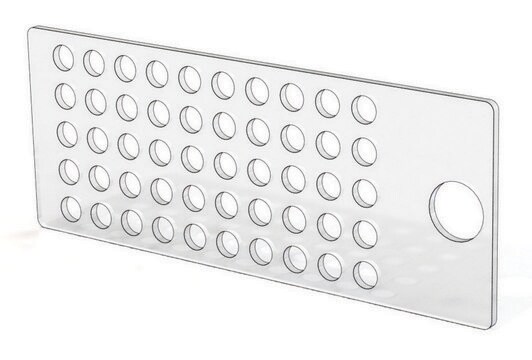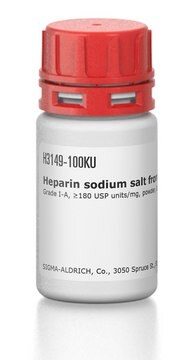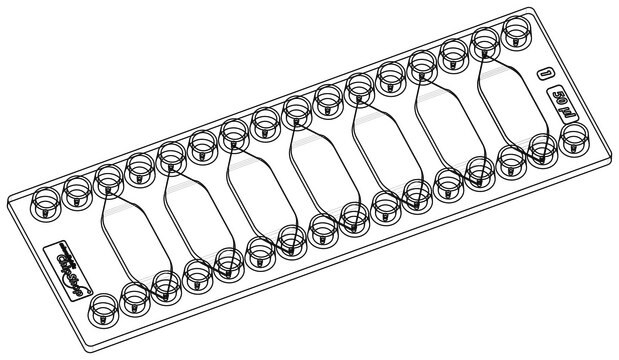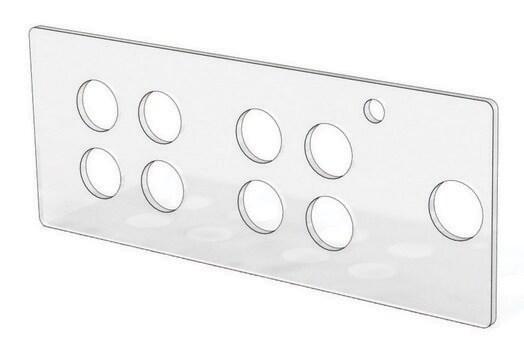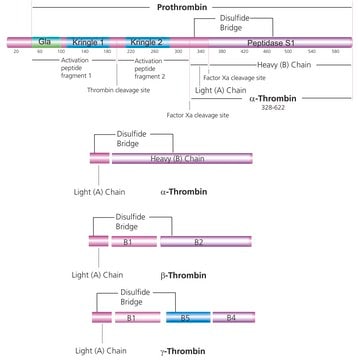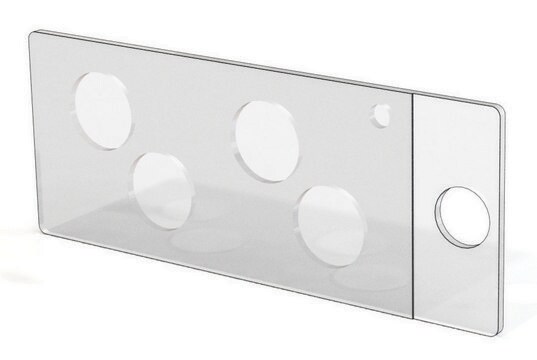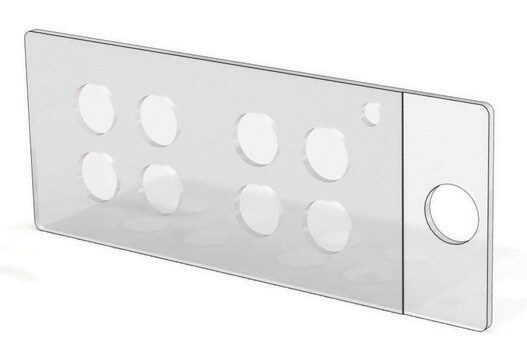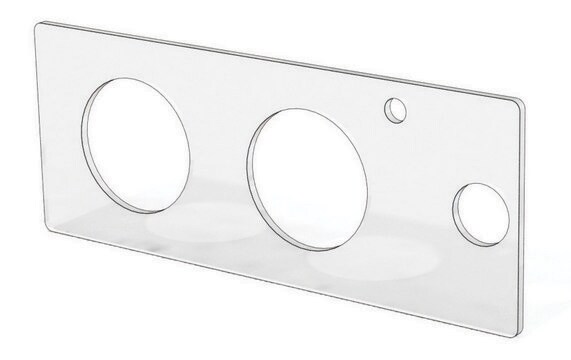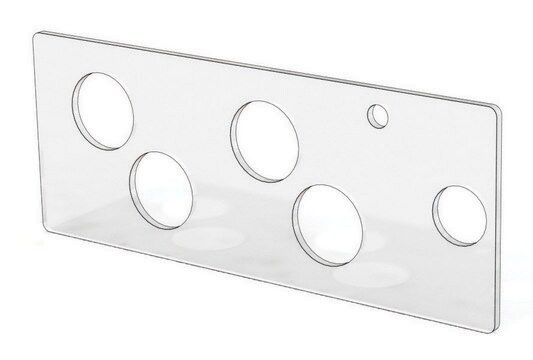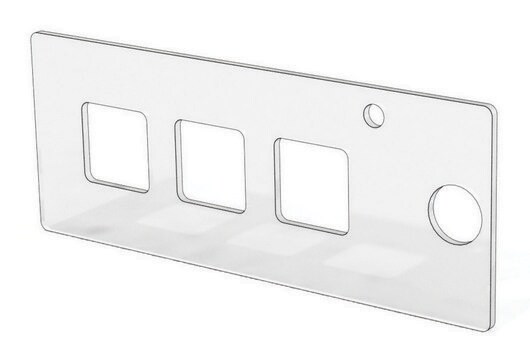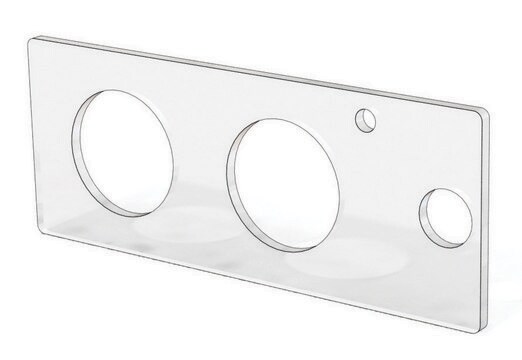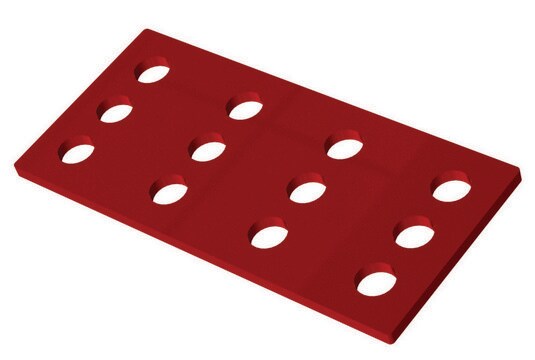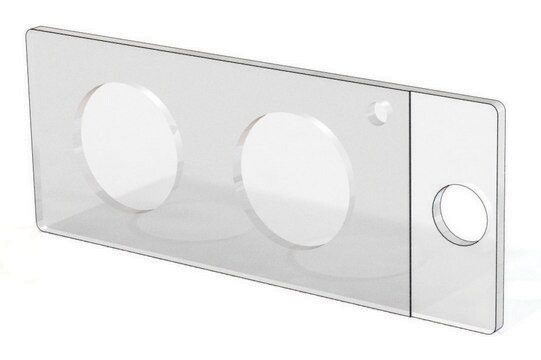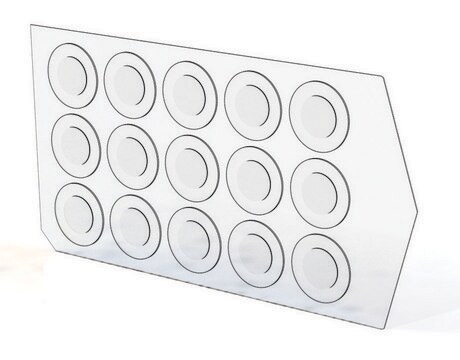GBL103350
Grace Bio-Labs CultureWell™ chambered coverglass
wells, 50, well diam. × thickness 3 mm × 1 mm, well volume 3-10 μL
Synonym(s):
chamber slides, chambered coverglass
Sign Into View Organizational & Contract Pricing
All Photos(2)
About This Item
UNSPSC Code:
41122600
NACRES:
NB.22
Recommended Products
material
borosilicate glass backing
clear silicon chamber
colorless
sterility
(sterile)
sterile
feature
wells 50
packaging
pack of 20 ea
manufacturer/tradename
Grace Bio-Labs 103350
external L × W
61 mm × 24 mm
well area
0.07 cm2
well diam. × thickness
3 mm × 1 mm
well volume
3-10 μL
wells
50
Looking for similar products? Visit Product Comparison Guide
General description
Grace Bio-Labs chambered coverglass products are optimal for high resolution microscopy.
Grace Bio-Labs chambered coverglass products consist of removable / reusable non-cytotoxic silicone gaskets secured to 24 mm x 50 mm, number 1.5 German coverglass. They may be placed in sterile culture plates or 100 mm diameter culture dishes.
Grace Bio-Labs chambered coverglass products consist of removable / reusable non-cytotoxic silicone gaskets secured to 24 mm x 50 mm, number 1.5 German coverglass. They may be placed in sterile culture plates or 100 mm diameter culture dishes.
- The thin flat coverglass is the optimal platform for high resolution microscopy and high-sensitivity, quantitative, fluorescent imaging.
- Leak-proof design eliminates well-to-well cross contamination.
- Gaskets stabilize coverglass and provide convenient handling using conventional microscope slide holders and accessories.
- Gaskets are removable for high resolution imaging and may be resterilized and reused.
- Well spacing facilitates liquid handling utilizing multichannel pipettes and robotic dispensers.
Legal Information
Culturewell is a trademark of Grace Bio-Labs, Inc.
Certificates of Analysis (COA)
Search for Certificates of Analysis (COA) by entering the products Lot/Batch Number. Lot and Batch Numbers can be found on a product’s label following the words ‘Lot’ or ‘Batch’.
Already Own This Product?
Find documentation for the products that you have recently purchased in the Document Library.
Customers Also Viewed
Reinforcement Learning Recruits Somata and Apical Dendrites across Layers of Primary Sensory Cortex.
Clay O Lacefield et al.
Cell reports, 26(8), 2000-2008 (2019-02-21)
The mammalian brain can form associations between behaviorally relevant stimuli in an animal's environment. While such learning is thought to primarily involve high-order association cortex, even primary sensory areas receive long-range connections carrying information that could contribute to high-level representations.
Our team of scientists has experience in all areas of research including Life Science, Material Science, Chemical Synthesis, Chromatography, Analytical and many others.
Contact Technical Service